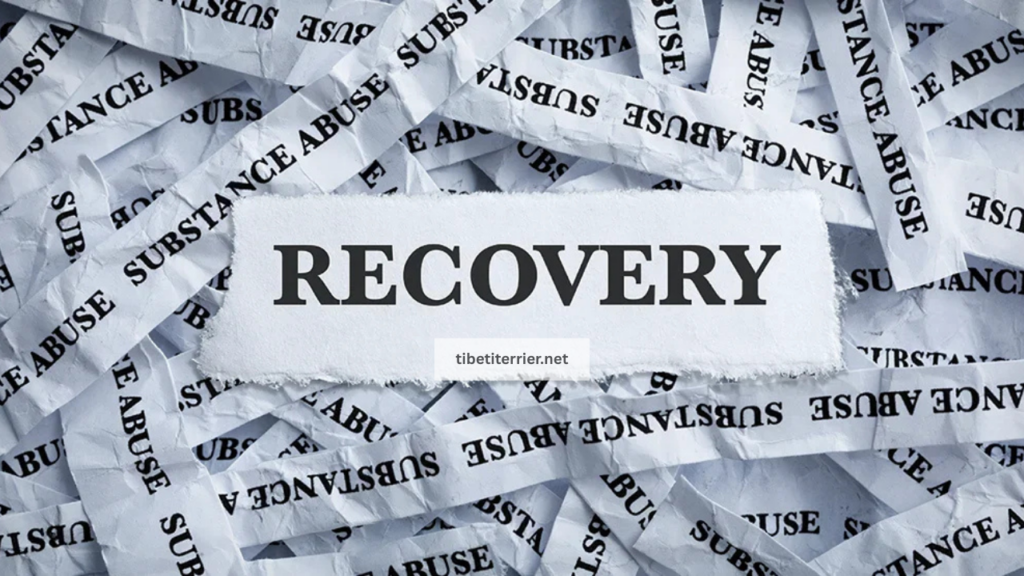
Amid the towering peaks of the Himalayas lies a spiritual culture deeply rooted in resilience and inner peace. Yet even in the serene landscapes of Tibet, addiction has quietly taken hold, particularly among displaced Tibetans facing hardship, trauma, and dislocation. In recent years, a growing number of Tibetan individuals struggling with substance abuse have embarked on an unlikely and life-changing journey — crossing oceans to seek addiction recovery in Canada.
The rise of addiction in Tibetan communities, particularly among youth in exile, has alarmed social workers and spiritual leaders alike. Many of these individuals grew up in refugee settlements across India and Nepal, often in impoverished conditions with limited access to education, healthcare, or economic opportunities. The sense of cultural loss, combined with generational trauma and marginalization, has made some vulnerable to drug and alcohol abuse.
While traditional Tibetan medicine and Buddhist philosophy offer spiritual grounding and healing methods, they often fall short in addressing severe addiction. Unfortunately, access to modern addiction treatment programs remains scarce in South Asia, particularly for stateless or refugee Tibetans. As a result, families and communities have begun to look outward — and westward — for answers.
Canada has emerged as a beacon of hope. Known for its progressive public healthcare and inclusive multicultural policies, the country has welcomed Tibetan refugees since the 1970s. In recent years, that legacy has expanded to include specialized addiction treatment for Tibetans who have no viable support options back home.
Nonprofit organizations and diaspora communities in cities like Toronto and Vancouver have worked tirelessly to sponsor treatment programs, advocate for medical visas, and create culturally sensitive recovery spaces. Some Canadian clinics now offer bilingual counselors, integrate Tibetan healing practices with Western therapies, and collaborate with spiritual mentors to foster a holistic recovery experience.
For Tenzin (name changed for privacy), a 28-year-old Tibetan man from northern India, traveling to Canada was a last resort after years of heroin addiction. “I was ashamed. I lost everything,” he said. “But in Canada, I was treated like a human being again. They didn’t just give me medicine — they gave me hope.”
The journey is not without obstacles. The legal hurdles of securing medical travel permits, funding treatment, and navigating the immigration system can be overwhelming. Yet, for those who make it, the results are often profound.
These cross-continental stories are more than tales of recovery — they are testaments to the power of compassion, community, and cultural understanding. As global addiction rates continue to climb, initiatives that blend cultural sensitivity with modern treatment may offer a way forward, especially for marginalized communities like the Tibetan diaspora.
From the shadow of the Himalayas to the support systems of Canadian clinics, the path to healing is long and complex — but it is one that many are now courageously taking. And in their footsteps, they leave behind a message: healing is possible, even when it lies across an ocean.